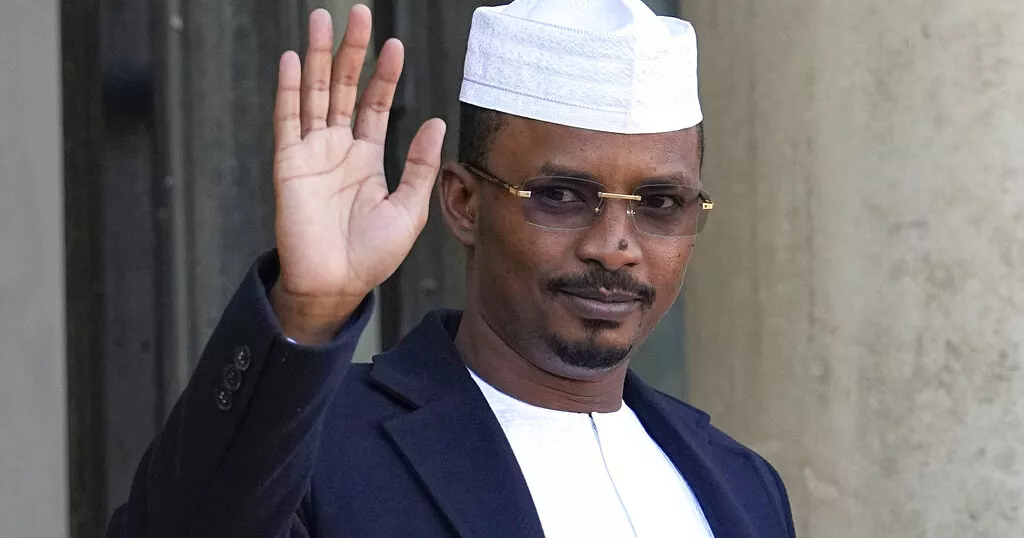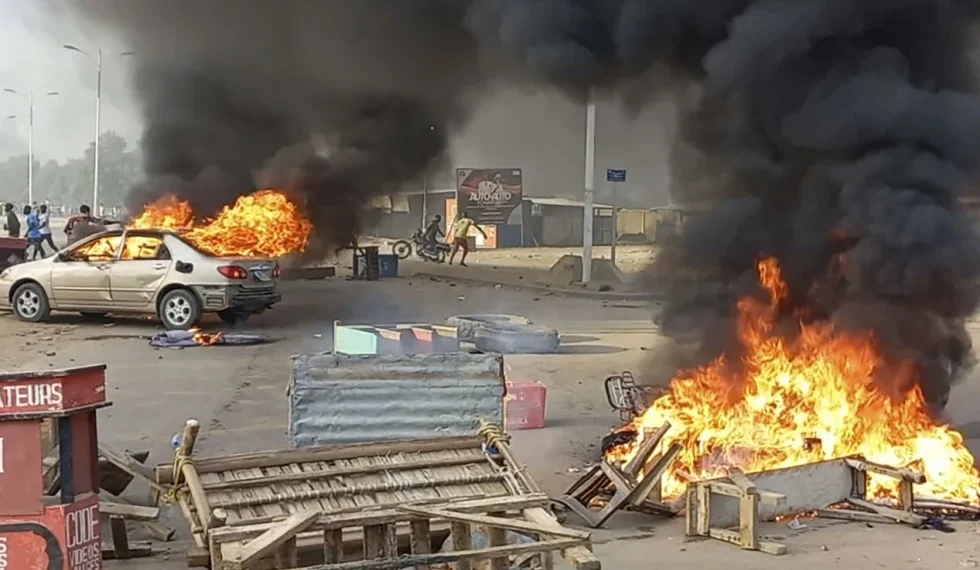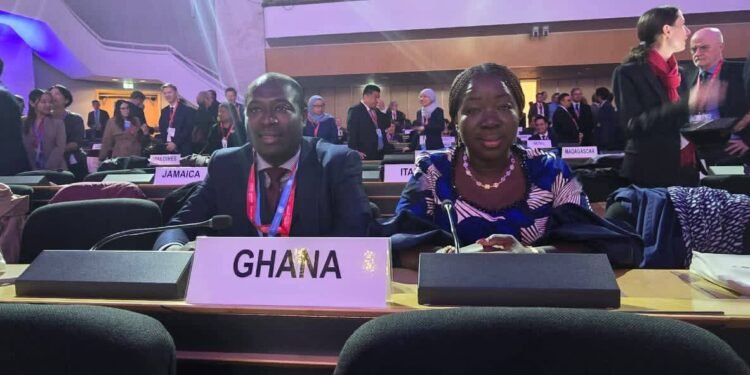In a report released Tuesday, Human Rights Watch implicated Chad’s military in the deaths of several detainees following the October 2022 protests.
The human rights group stated that at least four individuals perished en route to Koro Toro prison, six others died at the facility, and the location of another death remains unclear. Human Rights Watch suggested the actual death toll might be considerably higher.
During the 2022 protests, Chadian security forces fired live ammunition, resulting in the deaths of at least 60 demonstrators.
The protests were sparked by interim leader Mahamat Deby Itno’s decision to extend his power by two years, a move that led to an unprecedented wave of unrest in a country that had seen minimal public dissent under Deby Itno’s father, who ruled for over three decades until his assassination in 2021.

Hundreds of protesters were detained and transported to Koro Toro, located about 600 kilometers (around 370 miles) from the capital, N’djamena.
Human Rights Watch has called on Chadian authorities, along with African Union and United Nations bodies, to investigate what it described as unlawful detentions, mistreatment in the prison, and deaths in custody.
Calls for Investigation into Prison Conditions
“The Chadian government must act decisively to address the impunity for these abuses,” said Lewis Mudge, Central Africa director at Human Rights Watch, in a statement.
According to the report, detainees endured unlawful detention, mistreatment, and denial of basic supplies during their two- to three-day journey to the prison, with some succumbing to the harsh conditions. “The bodies of those who died were thrown out of the trucks,” a former detainee recounted in the report.
Koro Toro prison, under military oversight, has been reported to operate with day-to-day administration managed by prisoners with links to the militant group Boko Haram. These inmates reportedly punished and beat other detainees.
The report detailed that at least hundreds of detainees were chained with iron rods attached to their ankles for weeks and subjected to prolonged solitary confinement and forced labor, both considered forms of torture.
“Chadian military officials oversee a prison in which abuse runs rampant,” Mudge asserted. Human Rights Watch has called for the closure of one of Koro Toro’s main buildings, labeling it unfit for use, and urged that the remains of deceased detainees be returned to their families for proper burial.
The Chadian government has maintained that the 2022 protests constituted an insurrection and that detention at Koro Toro was justified given the circumstances.
In a July 2023 letter to Human Rights Watch, Chad’s justice minister asserted that there was “no evidence relating to the violation of human rights related to (the) transfer or detention in Koro Toro prison.”
Larry Ahmat Haroun, a Chadian activist who was jailed after the elections and released in June, described Koro Toro as one of the most perilous prisons in Chad.
“I’ve seen prisoners who were wounded by bullets left without any care or treatment. People get tortured too,” he said, noting the lack of access to phones or visits.
Chad, part of a region in Africa that has experienced several military coups in recent years, saw its current president, Deby Itno, elected on May 6 in a long-delayed vote marred by allegations of political repression, which authorities have denied.
READ ALSO: Prof. Mike Oquaye Credits NPP for Ghana’s Human Rights Progress























